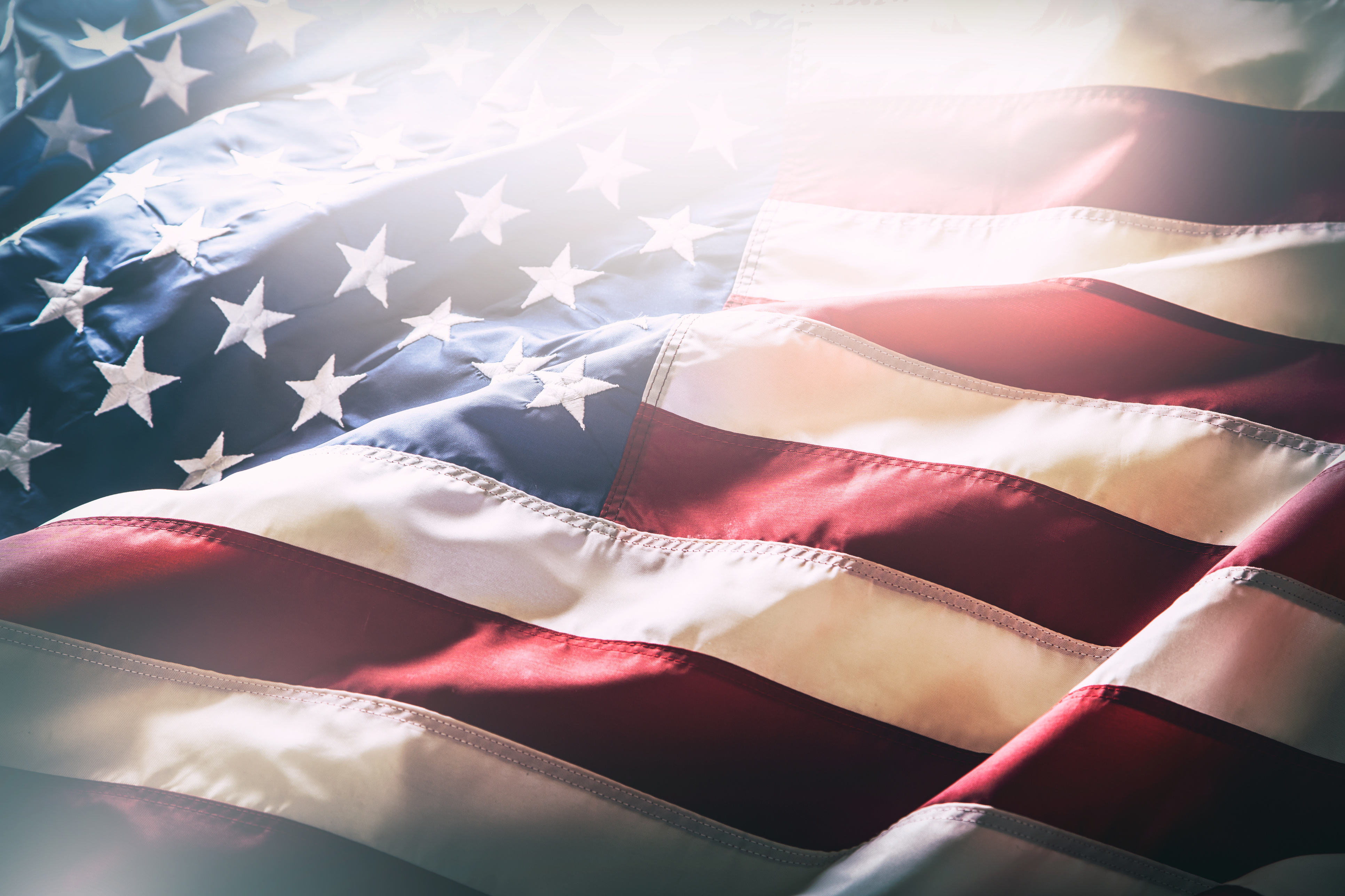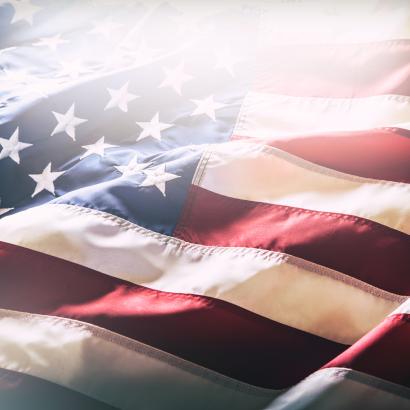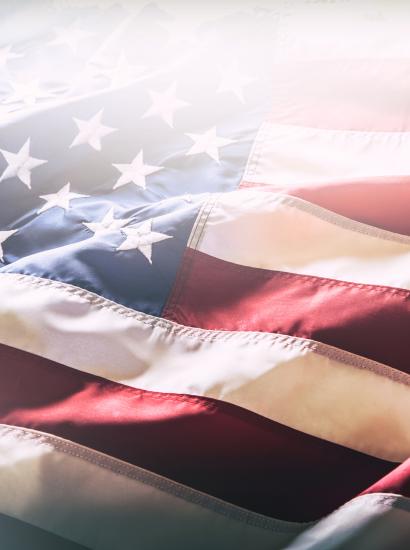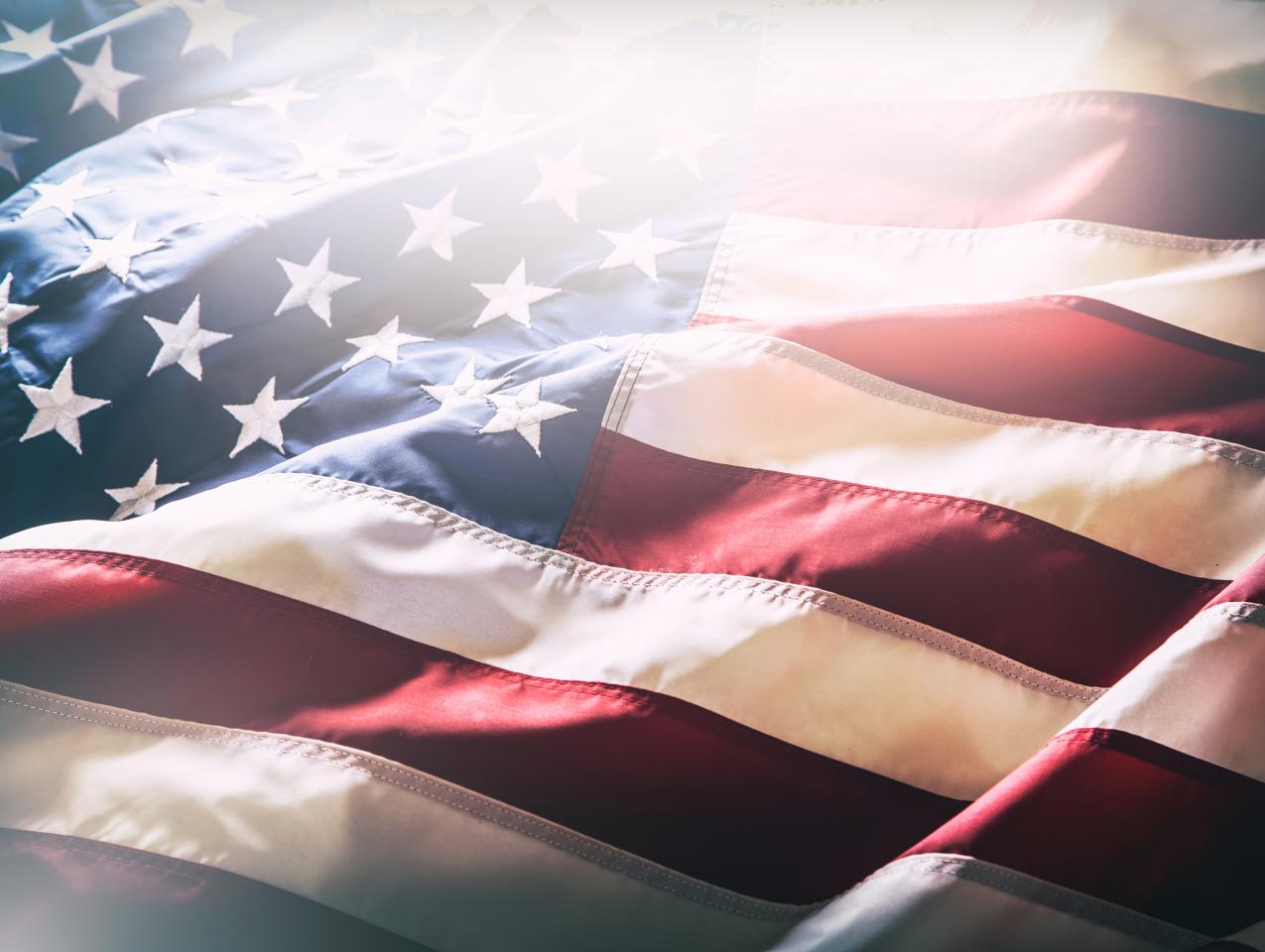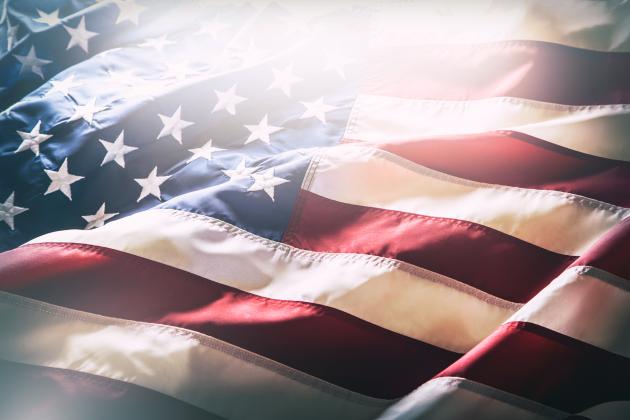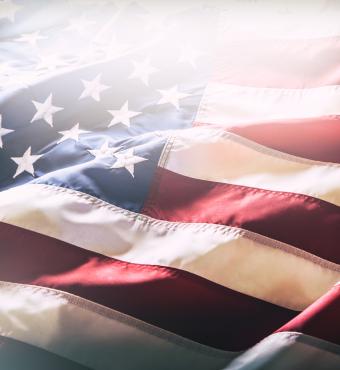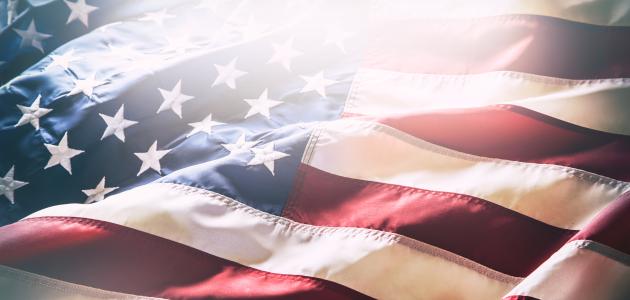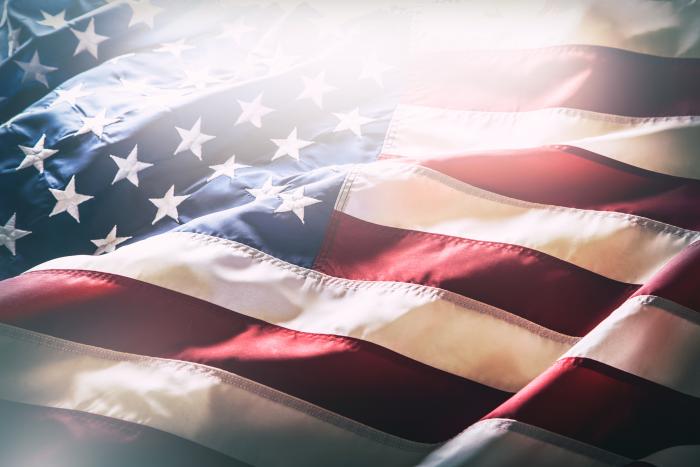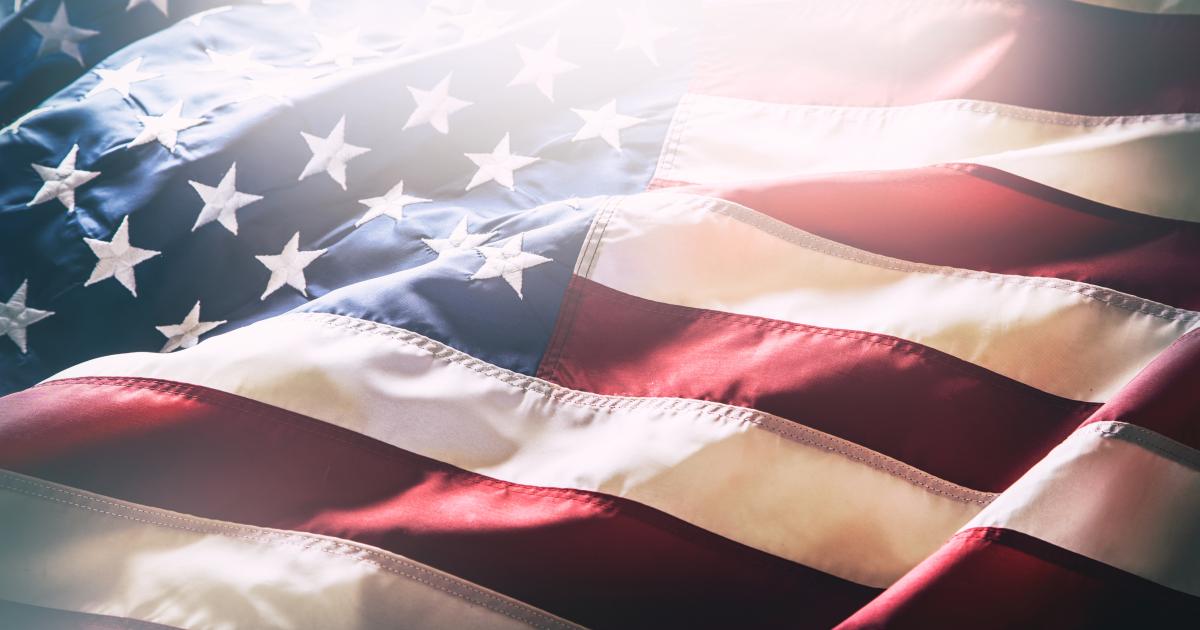- History
- Contemporary
- US
- Politics, Institutions, and Public Opinion
- State & Local
- California
As circumstance would have it, for the second consecutive year this column precedes America’s Fourth of July weekend. As such, it seems like the proper moment to discuss California and liberty.
A column I wrote a year ago at this time ventured into the same realm. Looking back at it, many of the words seem, well . . . so 2019.
It’s the concerns first expressed in 1776 that are no longer au courant. Consider this timeless passage from the Founding Fathers’ document:
We hold these truths to be self-evident, that all men are created equal, that they are endowed by their Creator with certain unalienable Rights, that among these are Life, Liberty and the pursuit of Happiness. . . . That to secure these rights, Governments are instituted among Men, deriving their just powers from the consent of the governed. . . . That whenever any Form of Government becomes destructive of these ends, it is the Right of the People to alter or to abolish it, and to institute new Government, laying its foundation on such principles and organizing its powers in such form, as to them shall seem most likely to effect their Safety and Happiness.
Powerful words, now as then.
But what does seem forgotten (or set aside due to pandemic and other social concerns in July 2020) would be a few concerns expressed in this same space a year ago. That would include:
- A state government on a spending rampage (a $215 billion budget enacted last summer, compared to an $81.3 billion fiscal plan approved two decades prior). So much for Thomas Jefferson’s concerns expressed to James Madison: “I am not a friend to a very energetic government. It is always oppressive.”
- in the spirit of a government “destructive of . . . ends,” I lamented the plight of Central Valley farmers who had their land seized for high-speed rail construction and left waiting for compensation from Sacramento.
- As for “safety and happiness,” I wrote about the uncertain future of California parents hoping to provide their children with a quality education—a desire complicated by teachers’ unions’ determination to stifle and suffocate the growth in charter schools.
It’s not that those three matters are no longer germane to the California’s present or future. Rather, it’s that they’ve been eclipsed (temporarily, one hopes) by the twin spectacles of urban unrest and pandemic. And it’s that latter topic—pandemic containment and the weighing of public health and personal freedom—that presents a new challenge to the concept of “life, liberty and the pursuit of happiness” in the Golden State.
Consider what could become an ugly showdown between citizenry and government over the wearing of face masks. Gov. Gavin Newsom has told his constituents that they need to wear masks in public, lest they contribute to the transmission of COVID-19. A handful of California law enforcement agencies have said they’d rather not enforce the governor’s order. Newsom’s threatened to withhold money from local governments if they don’t comply with his edict.
And California’s citizens?
In some parts of the state, it’s a “don’t tread on me” attitude as locals consider the mandate either unnecessary or the stuff of a totalitarian regime.
This is not to suggest that Californians will revolt against their government, with boxes of masks dumped into the San Francisco Bay as if they were tea chests (besides, in woke California, who would dare to dress up as a band of Indians?). But it does suggest that, even in a democracy that features taxation with representation, there may be a limit to Californians’ patience—and that limit might be soon approaching.
What if California regresses in its efforts to contain the COVID-19 pandemic and the state and county governments decide that it’s in the public’s interest to return to the social restrictions of this spring and early summer? A possible preview of what’s to come: Gov. Newsom’s decision last week to re-close bars and nightspots in Los Angeles and six other California counties.
Also to be determined: how to enforce mask wearing? A San Mateo County supervisor has a suggestion: start imposing fines, with the penalty increasing with repeat offenses. But how to enforce that? Create an army of meter maids to track down mask scofflaws? What comes to mind is a bad trend of California laws that, while well-intentioned, are difficult to execute. Two such examples: restrictions and penalties for ”distracted” driving, and law enforcement’s inability to stem fireworks explosions.
Getting back to the notion of compromised freedom in California, what could be the next flashpoints?
Last month, the state government eased guidelines allowing churches and other houses of worship to open, assuming they receive permission from county health officials (attendance is limited to 25% of capacity or 100 worshipers, whichever is fewer, with face masks encouraged).
If California reverts to a more stringent social lockdown, what comes of church services? Welcome to a renewed conversation about freedom to worship.
And we could be in store for another vigorous debate over freedom of assembly—a sore point for those Californians who wondered why social distancing rules weren’t enforced during recent protest marches across the state.
A good example of this quandary: the beaches in Santa Cruz County (south of San Francisco), which reopened last week even as the county’s COVID-19 cases were on the rise.
Why the change in policy? “We had hoped to continue the beach closure until after the Fourth of July weekend, but it’s become impossible for law enforcement to continue to enforce that closure,” said Santa Cruz County health officer Dr. Gail Newel. “People are not willing to be governed anymore in that regard.”
Confined as they were to the cobblestone streets of Philadelphia in the summer of 1776, the Founding Fathers would have welcomed a day at the beach. Californians, should their beach privileges once again be revoked for the sake of coronavirus containment, won’t declare their independence and create of a new republic.
However, it might spark a conversation regarding just how much individual freedom the typical Californian is willing to sacrifice in these vexing times. Perhaps that might lead the residents of America’s largest state to revisit the origins of their nation and better understand the root causes of what sparked the rebellion. If so, that would be a healthy development at a time in which, ironically, the public’s health has been compromised.
Here’s to a happy and safe Fourth of July weekend for you and your loved ones, And, for all of us, a better appreciation of the grand success that is the American experiment.
But ask yourself: in a society where some members deem anger, violence, and destruction as an acceptable path to enlightenment and social justice, isn’t there more that California could do to better realize the ideal of 244 summers past?







